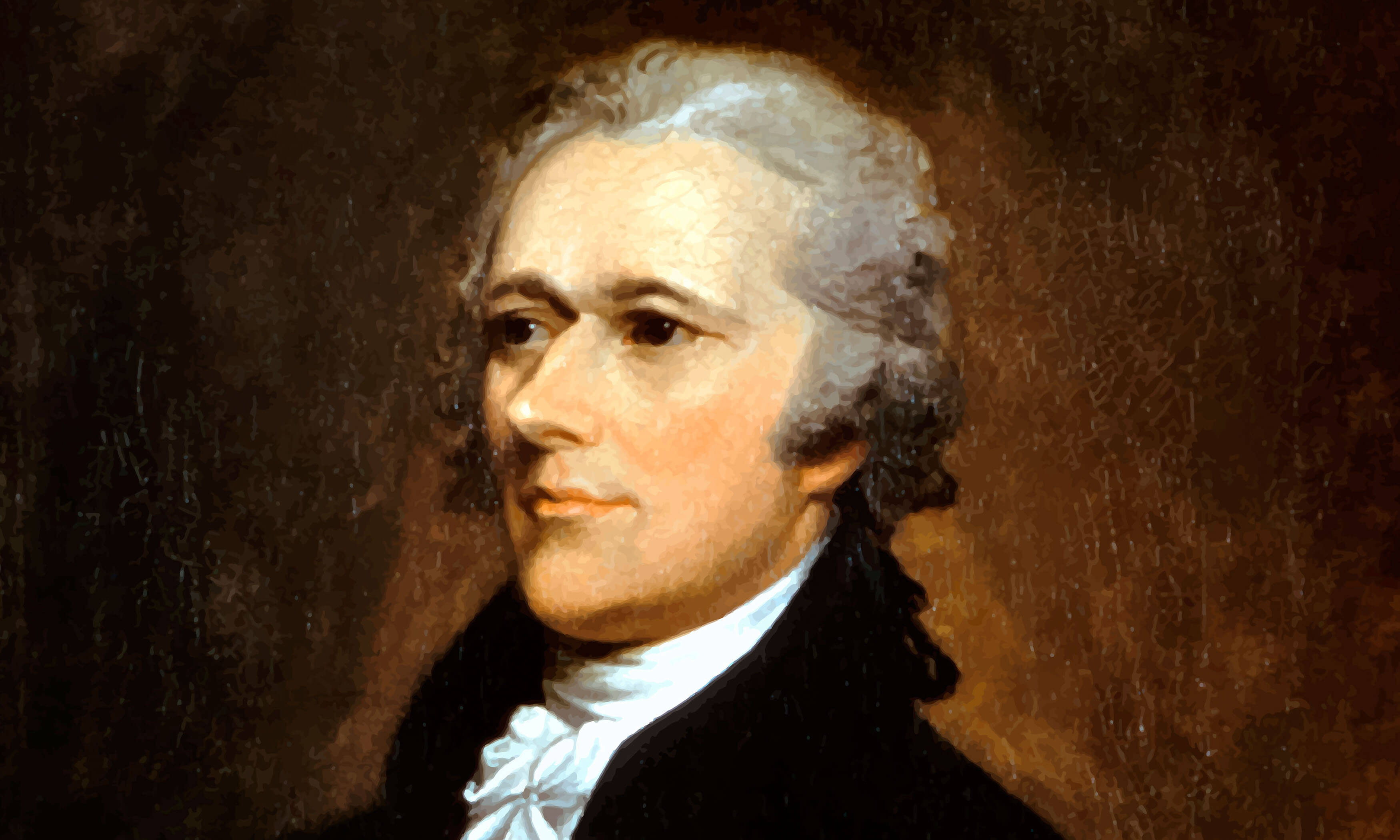Louisa May Alcott: Abolitionist, Suffragette, and Mercenary
Source: Tavistock Books
Although she is best known for writing the childhood classic Little Women, Louisa May Alcott was far more interested in advocating for freedom for all. Learn more about this multifaceted American author.












